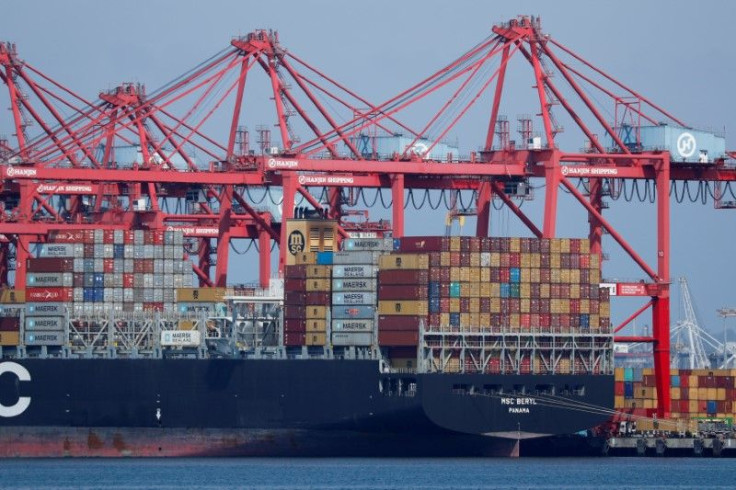German Industry Warns US Auto Tariffs Not Completely Off Table Yet

A top German industry group gave a cautious welcome to solutions proposed by President Donald Trump and European Commission President Jean-Claude Juncker to avert a trade war, but warned United States auto tariffs were not completely off the table yet.
After a White House meeting on Wednesday, Trump and Juncker said they agreed to hold sweeping trade talks on reducing tariff, subsidy and non-tariff barrier reductions, with Trump appearing to give ground on his threat to impose a 25 percent tariff on imported cars and auto parts.
Germany, home to big carmakers such as Volkswagen AG and Daimler AG, would be hard hit by car tariffs, and the automotive industry has warned such measures could hike vehicle costs by $83 billion and result in the loss of hundreds of thousands of jobs.
German Economy Minister Peter Altmaier hailed the deal as a breakthrough, saying the measures agreed by Trump and Juncker could help avoid a trade war and save millions of jobs.
Eric Schweitzer, president of the German Chambers of Industry and Commerce (DIHK), said it was up to the United States now to rebuild a basis of trust with Europe, and remove the tariffs.
"The proposed solutions move in the right direction, but a significant portion of scepticism remains," he said in a statement issued shortly after the two men spoke to reporters.
He said the meeting had at least shown that the European Union would not let itself be divided. "Only united as Europeans do we have sufficient economic and political weight to effectively represent our interests," he said.
"Without strong European answers, there is a danger that only we will make concessions and in response face new unreasonable demands from the USA," he said, calling for a comprehensive agreement that followed the guidelines of the World Trade Organisation (WTO).
Schweitzer said European companies also faced other non-tariff barriers to doing business in the United States, for instance in winning government contracts, or due to the different regulations in various U.S. states.
© Copyright Thomson Reuters 2024. All rights reserved.











